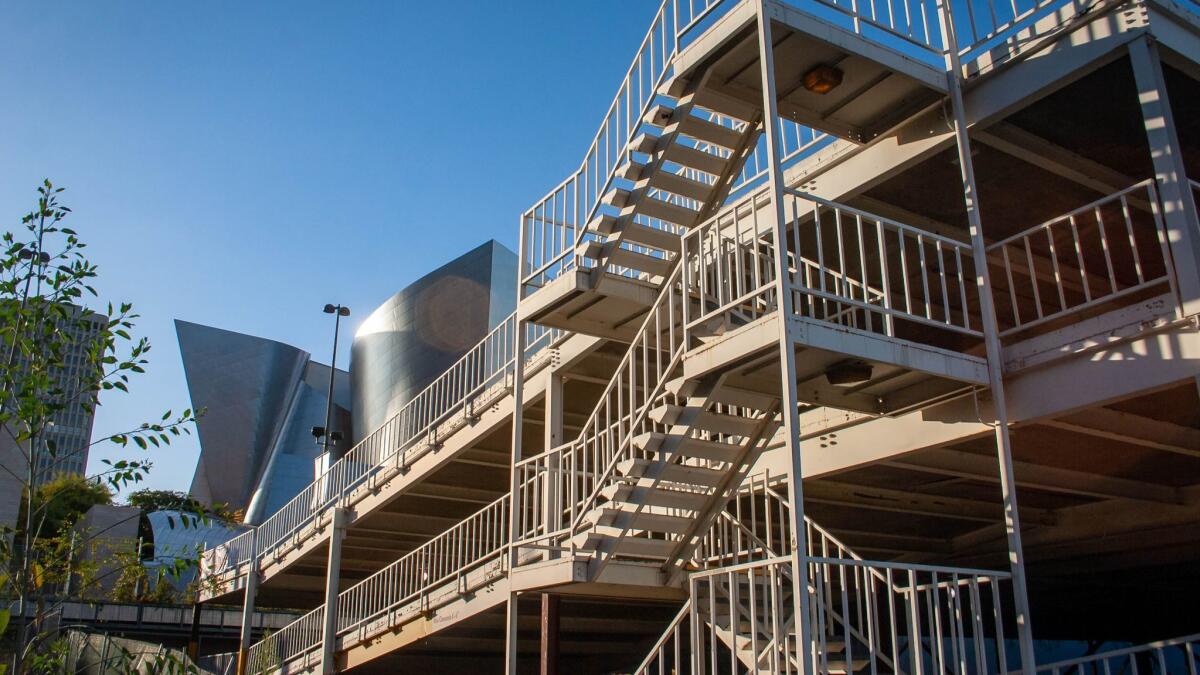Last-minute changes to ballot language could create problems for L.A. schools tax measure

- Share via
A few legalistic words in one sentence could create an expensive headache for taxpayers.
Or, they could create an even bigger mess for the Los Angeles Unified School District, where a $500-million tax levy could hinge on those few words.
The issue is whether people working for L.A. Unified improperly changed key language in a ballot measure that, if approved, would levy a new tax on voters and provide a huge transfusion of funding for the financially challenged school system.
Measure EE would raise local property taxes to help both traditional public schools and privately operated charter schools in the Los Angeles Unified School District. It will go before voters who live within the boundaries of the school system on June 4 and must win two-thirds approval to take effect.
The possible uncertainty is over exactly what will be taxed and whether that definition changed between the time the Board of Education made its decision and the time that ballot language reached the county election office. If district officials violated rules in this process, it could possibly create legal issues, said Tracy Hernandez, the founding chief executive of BizFed, a pro-business coalition that is opposed to the measure.
“This is another example of the school district rushing this ballot measure, not taking their time, not getting input from the community and those with a stake in the decision,” Hernandez said. “This is another example of what we’ve been saying for some time. This was too rushed.”
In her comments, Hernandez also was doing double duty as spokesperson for the No on EE campaign, which is funded by local business.
A spokesman for the Yes campaign, Yusef Robb, just learned of the situation Thursday afternoon and did not have an immediate comment because he was still evaluating the documents.
The Times contacted school district officials early Thursday morning, but by late afternoon district officials were still putting together a response, according to a spokeswoman.
The language that has changed is the description of what would be taxed. This description is crucial because it affects how much revenue the school system collects and how much money each property owner must pay for “improved building square footage.”
If this change amounts to an expansion of the district’s taxing authority, the measure could face a legal challenge. The original language was approved by the Board of Education on Feb. 28. At the time, the district’s own legal advisors said that no material change to the measure could be made without the school board’s approval.
The board did not take up the wording of the measure again between the time of the original approval and the date that the district submitted ballot language to county election officials in March.
The original language, as approved by the Board of Education, defines what can be taxed as “habitable main square footage as measured by the Los Angeles County Assessor and as maintained in the Assessor’s electronic reports.”
But a different definition appears on the ballot: “the square footage of all buildings or structures erected on or affixed to the land.”
The difference could be key, according to some business leaders who became aware of the change. In their view, the new version would suddenly include parking structures, which are sometimes as large in square footage as the office buildings they serve.
Under either scenario, each eligible square foot would be taxed at 16 cents a year for 12 years.
Under the original language, a property owner with a 1,500-square-foot home would be responsible for an annual property tax increase of $240. Under the revised language, if that property owner has a 300-square-foot garage, there apparently would be an additional annual fee of $48. Other taxable structures could include permanent storage sheds.
Under the revised language, commercial property owners could take a big hit. A complex or building with a million square feet of office space already would owe $160,000 a year. A parking structure of similar size would double that bill.
School district officials have estimated that the tax would generate about $500 million a year in revenue.
More to Read
Sign up for Essential California
The most important California stories and recommendations in your inbox every morning.
You may occasionally receive promotional content from the Los Angeles Times.











